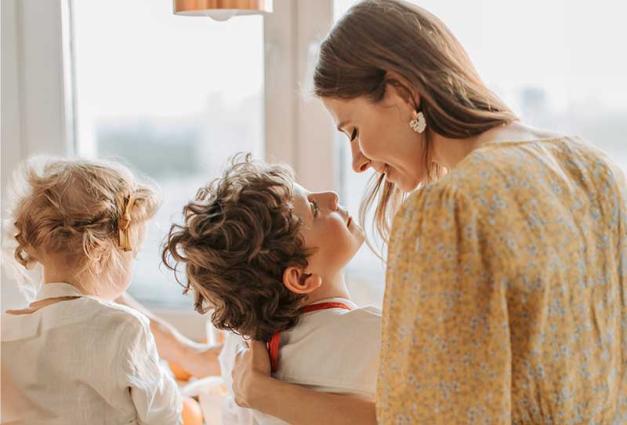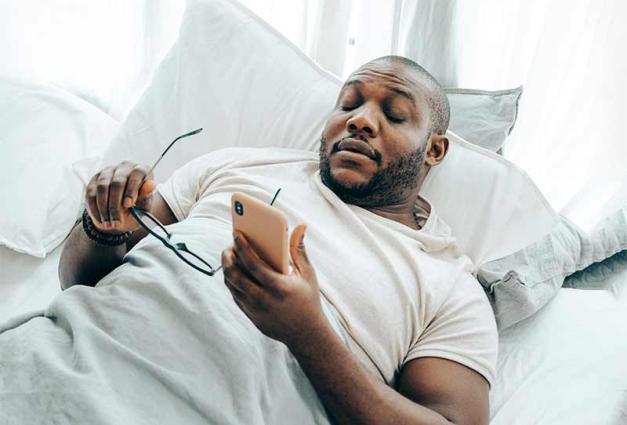April of 2020 will go down as one of the most germophobic months in human history. As the extent of the COVID-19 pandemic became clear, nations around the world attempted to grapple with the looming public health and economic disasters ahead. Widespread lockdown measures tried to keep us safe in our homes (but, unfortunately, not safe from the horrific Tik-Tok dances some of us attempted…).
While this was all happening, we had many questions: “How long is this virus going to last?,” “How did this all happen?” and, of course, “Who was responsible for this mess?”
The Comfort of a Conspiracy Theory
As I mentioned in my previous conspiracy-crammed blog on Character and Context (May 8, 2020), a conspiracy theory is a set of beliefs, often false, suggesting that an event is a result of a plot devised by multiple actors to carry out their own self-interests.
Going down the rabbit hole of conspiracy theories can be a real treat! It can be fun, enthralling, and to some, comforting—especially when they’re stressed. Conspiracy theories can be an easy way to explain really complex things we experience—including a pandemic.
So, is this a problem? By most accounts no; this is how people deal with life, which is perfectly fine. But can a person’s conspiracy beliefs affect other people? Unfortunately, yes.
By the very nature of a pandemic, we’re all in this together, which means we all need to be on a similar wavelength in our beliefs about how serious COVID-19 is and what we should be doing about it. Considering this, you can imagine how problems can arise if someone thinks the whole thing is a hoax based on a social media post. And it’s probably a little worse if that one person becomes thousands who refuse to follow public health guidelines.
Our Research
While I was rocking the 24-hour pajama fashion in my home during lockdown, I wondered about the factors that might predispose people to believe these COVID-19 conspiracy theories? Are they the same people who believe all sorts of conspiracies, like the moon landing was a fake? Or are these just regular people who are hurting, and just want to know why this has all happened … maybe both?
We obtained a sample of more than 600 people from over 40 countries, who completed a series of questionnaires and psychological assessments, including an assessment of the most popularly searched conspiracy theories according to the website Statistica. Our findings can be summed up in three general patterns.
First, some people just never change. Those who had very strong beliefs in conspiracy theories about past events—such as the Moon landings, the Kennedy Assassination, and Jeffrey Epstein’s death, were quicker to jump on conspiracy theories about COVID-19 than people who didn’t tend to harbor other conspiracy beliefs. Considering how conspiracy theories are often large, interweaved stories about different aspects of life threaded together to make grander conspiracies, it makes sense that a grand event like COVID-19 would be a nice addition to that web. For example, “those people” responsible for faking the moon landing may also be involved in creating the virus.
Second, when we examined who was most likely to grip onto these COVID-19 conspiracy theories, people with the lowest levels of education and people who held very negative opinions of their government’s response to the COVID-19 pandemic were more likely to believe in COVID-19 conspiracies.
This pattern of results suggests that people who may not be the best at comprehending complex events (reflected in lower educational attainment) were more likely to disagree with their government’s decisions and to believe that their government wasn’t acting in the community’s best interests. It also seemed that people who are very angry that the situation happened needed a scapegoat to blame. That scapegoat was often handpicked through these conspiracies—whether it was the World Health Organization, the Chinese, government officials, or Bill Gates.
Other research shows that people are more likely to believe conspiracy theories when they are under stress. Did that happen here? Although stress management skills are important and always make unpredictable events a little bit easier, people who are struggling to handle their stress are not more likely to join the tin foil hat society. Even the people who were most stressed out by the pandemic held strong to their faith in the conventional. Stress level was not associated with believing in conspiracy theories.
Summing Up
This pandemic has highlighted the conspiracists who dwell within our communities. If your outlook on the world was already suspicious and cynical, chances are you were going to be skeptical about this pandemic and tend to believe that something fishy is going on.
Whether or not you believe in the COVID-19 pandemic, keep in mind that being tested, practicing social distancing, wearing masks, and staying away from others if unwell ensures that you never have to test these beliefs the hard way.
For Further Reading
Georgiou, M., Delfabbro, P. H., & Balzan, R. (2019). Conspiracy beliefs in the general Population: The importance of psychopathology, cognitive style and educational attainment, Personality and Individual Differences, 151.
Find it here: https://www.sciencedirect.com/science/article/pii/S0191886919304532
Georgiou, M., Delfabbro, P. H., & Balzan, R (2020) COVID-19-related conspiracy beliefs and their relationship with perceived stress and pre-existing conspiracy beliefs, Personality and Individual Differences, 166:110201, DOI: 10.1016/j.paid.2020.110201
Find it here: https://www.sciencedirect.com/science/article/pii/S0191886920303901
Neophytos Georgiou is a PhD and Master of Clinical Psychology Candidate from the University of Adelaide, Australia.




